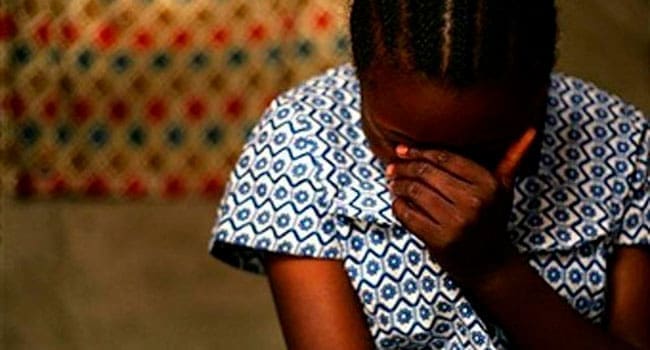 Civil war has been going on since the mid-1990s in the Congolese region and as many as six million people may have died in the conflict. The rape of women, children and even men is common.
Civil war has been going on since the mid-1990s in the Congolese region and as many as six million people may have died in the conflict. The rape of women, children and even men is common.
The United Nations has a peacekeeping force on the ground and foreign aid workers are present.
International consumer advocacy has put pressure on companies profiting from minerals mined in the region, and countries have passed laws to limit the trade of these “conflict” minerals.
Despite these efforts, the suffering of the people living in this beautiful part of the world continues.
The conflict in the eastern Congo is the result of centuries of exploitation of resources, disregard for life and lack of positive leadership. One needs to understand the slave trade, the division of Africa by European powers, the merciless exploitation of the Congo Free State by Belgian King Leopold II, Belgian colonialism, corruption under dictator Mobutu Sese Seko during the Cold War, and instability resulting from the Rwandan Genocide to even begin to understand how things have become as bad as they are.
But while it’s important to uncover the truth, perhaps we’re making things too complicated. Perhaps we need to begin by simply supporting and empowering the people who have found a solution.
Author Dale Carnegie tells us, “Most of the important things in the world have been accomplished by people who have kept on trying when there seemed to be no hope at all.”
Having lived in the Congo, I’ve seen this spirit alive in the population. When many would be tempted to simply give up, the Congolese wake up early every morning and do what they need to do to get by, to provide their children with food and clothing, to keep a roof over their heads, to simply survive another day and, most importantly, to make a positive difference in the lives of others.
Rising from the turmoil of the eastern Congo is Synergy des Femmes pour les Victimes de Violences Sexuelles (SFVS), founded by Justine Masika Bihamba. Members of this local organization, at great risk to themselves, do everything they can for survivors of sexual violence. They call for the prosecution of the perpetrators of these crimes, and provide medical and counselling services to those who have been raped. They also empower survivors by finding ways for them to support their families as they move on with their lives.
Thousands have been helped by Mama Justine’s organization. A number of perpetrators of the crimes have also been held accountable, and this trend will continue as SFVS initiatives advance.
Although the eastern Congo is often referred to as “the rape capital of the world,” Liberian Nobel laureate Leymah Gbowee has called it “the world capital of sisterhood and solidarity.”
Indeed, in this male-dominated, corrupt and violent political climate, we’re seeing Congolese women stand together to be heard as they change their country from within. They’re now being included in peace talks alongside warring factions, and are bringing the hope of lasting peace to a people torn apart by decades of conflict.
The road to peace and a bright future will continue to be challenging. But steps are being taken in the right direction as the world begins to take notice and stand behind these brave and powerful women.
They, like all of us, pass through periods of despair that can seem endless. But there’s always hope. Mama Justine and the determined people of the Congo illustrate for us once again the powerful words of the 14th century Persian poet Hafez: “I wish I could show you, when you are lonely or in darkness, the astonishing Light of your own being.”
Troy Media columnist Gerry Chidiac is an award-winning high school teacher specializing in languages, genocide studies and work with at-risk students.
The views, opinions and positions expressed by columnists and contributors are the author’s alone. They do not inherently or expressly reflect the views, opinions and/or positions of our publication.

